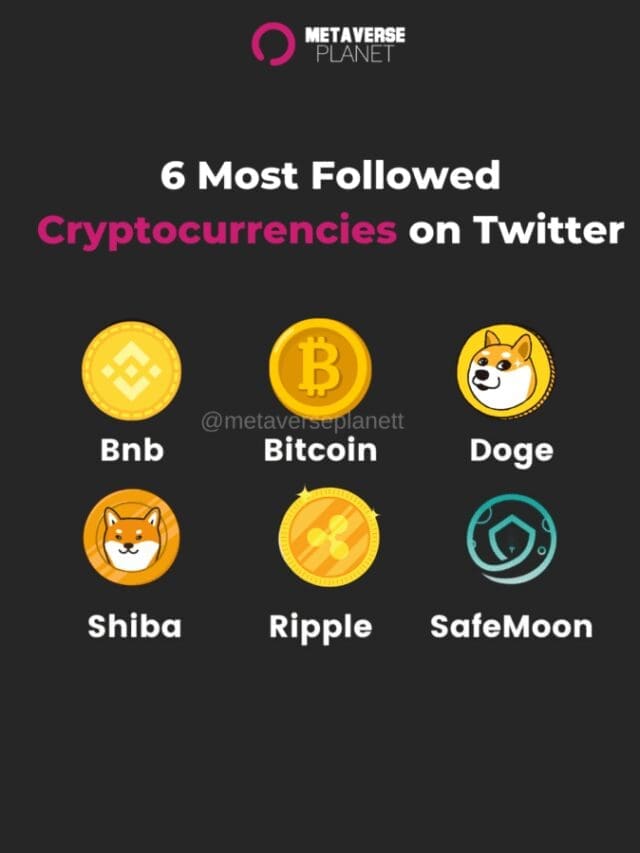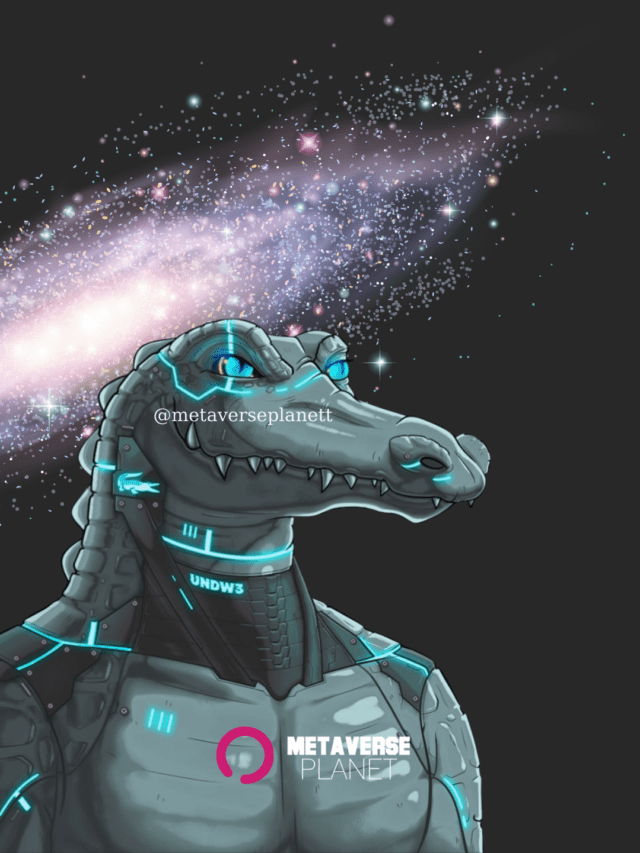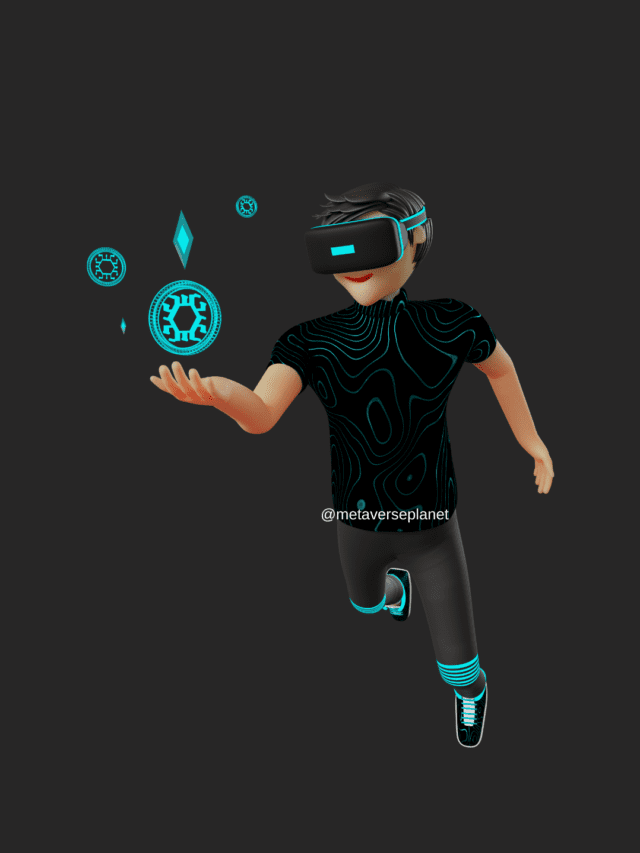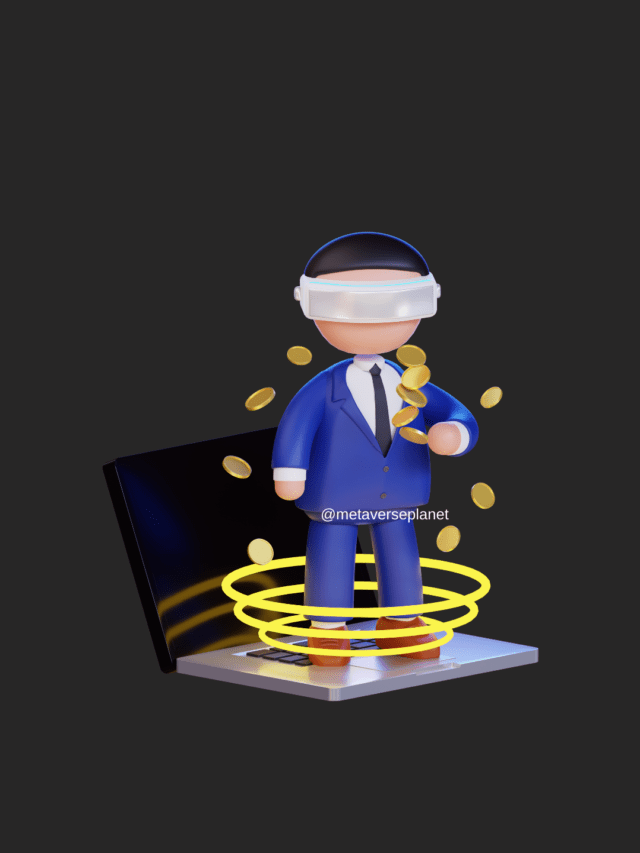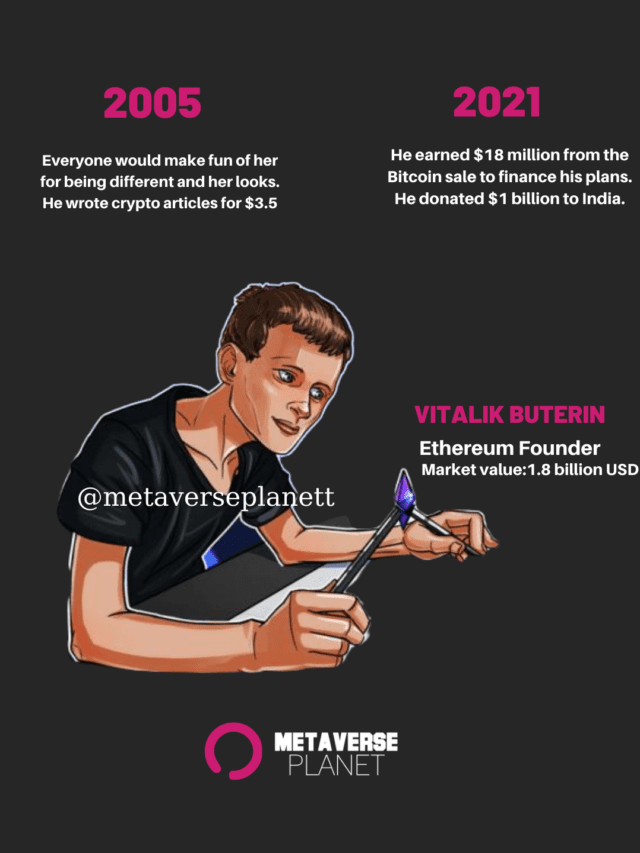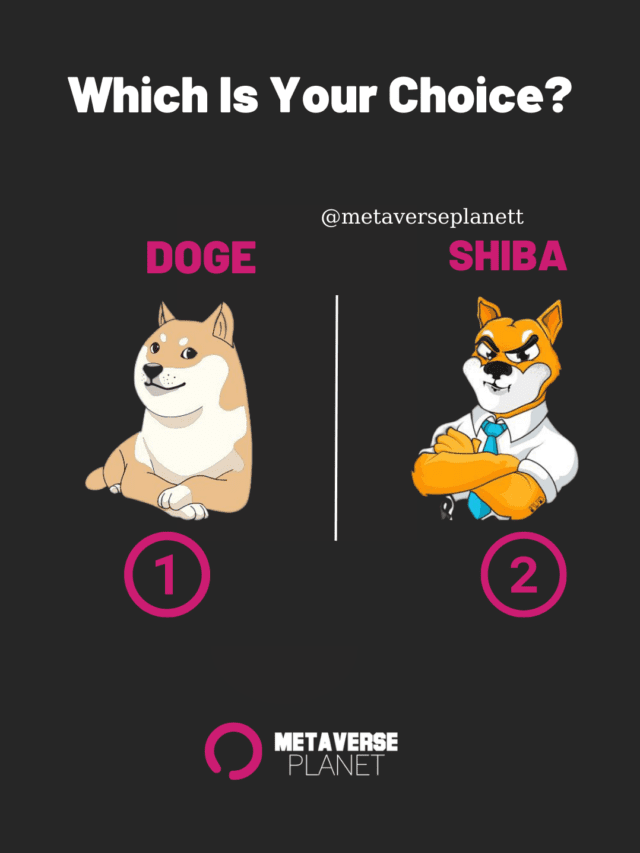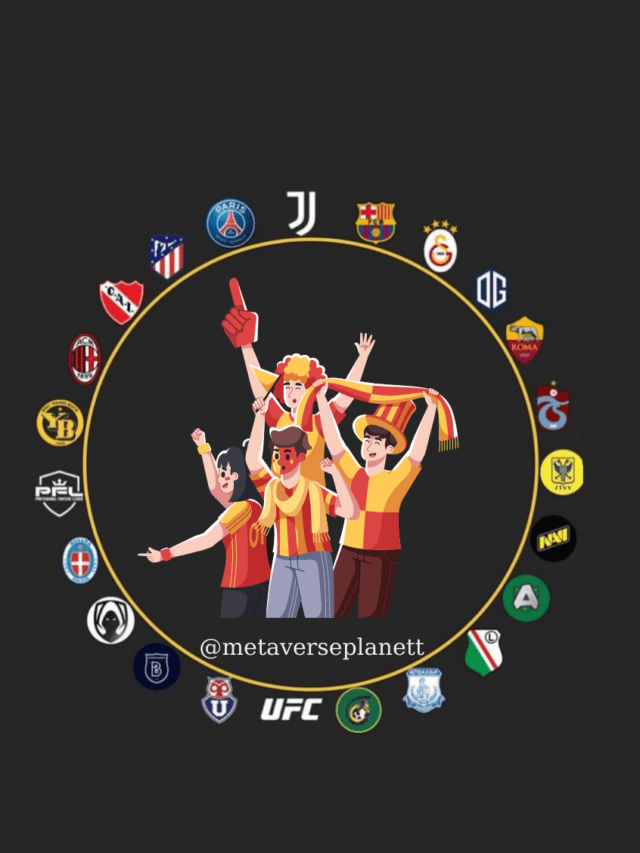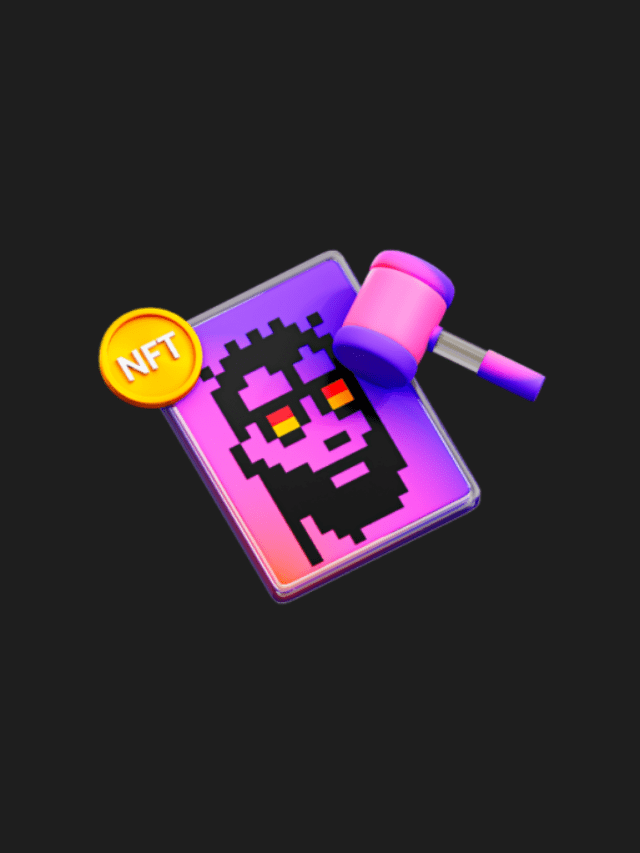
Retailers Establishing Stores in the Metaverse World
The adage “location, location, location” commonly associated with real estate is now finding resonance in the emerging virtual universe known as the metaverse.
In its early stages, the metaverse is an immersive online space where users, represented by cartoon-like 3D avatars, can interact with others
Major companies like Meta (formerly Facebook) believe that the metaverse is the future of the internet, prompting a shift in focus and even a name change.
More companies, including Adidas, Burberry, Gucci, Tommy Hilfiger, Nike, Samsung, Louis Vuitton, HSBC, and JP Morgan, are acquiring space in the metaverse for potential future endeavors.

The challenge for these businesses is choosing the right “location” within the metaverse, as there are around 50 different world providers, such as The Sandbox, Decentraland, Voxels, Somnium Space, and Meta’s Horizon Worlds.
Companies and retailers are essentially making bets on which metaverse platform will emerge as the dominant force, attracting the most visits from avatars.
Canadian entrepreneur Andrew Kiguel, CEO of cryptocurrency investment site Tokens.com, has invested $2.4 million worth of cryptocurrencies to purchase space in Decentraland’s fashion retail area.
He plans to host fashion shows and lease the space to fashion firms, envisioning a scenario where avatars can virtually shop for clothing items that will then be delivered to the real world.

While Mr. Kiguel is optimistic about Decentraland, he acknowledges the uncertainty, likening the current metaverse landscape to the early days of social media.
He anticipates that, similar to social media, there will be significant winners and numerous niche metaverse platforms that find success.
You may also like this content
- The Metaverse: What it is, How to Enter, and Its Potential Impact
- Bill gates commented on Metaverse
- Metaverse 5 Reasons Why its Awesome
Follow us on TWITTER (X) and be instantly informed about the latest developments…


